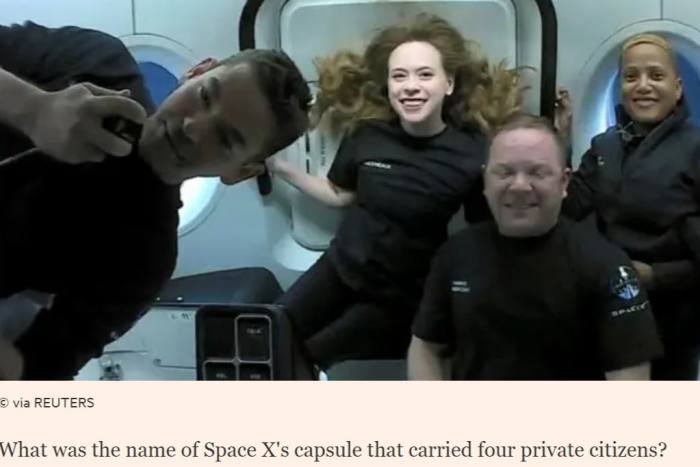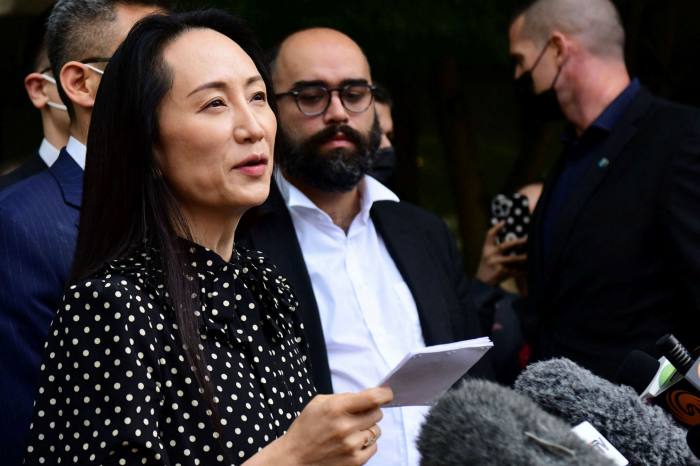Business School Briefing: In-person events; business school awards
[ad_1]
Business school updates
Sign up to myFT Daily Digest to be the first to know about Business school news.
Hope you had a good weekend. The return of in-person meetings and conferences means it is time to reassess the benefits of professional networking. Hybrid events that mix in-person and online elements offer a way to meet professionally in the post-pandemic world. But do they work? Written and edited by Wai Kwen Chan and Andrew Jack.
Noticeboard
Claim your free FTNextGen student passes
FT NextGen, on October 28, brings together the best and brightest of the next generation for a jam-packed day of riveting panels, keynotes and audience participation. Sign up for your free digital student pass today.
Be in with a chance to win one of our responsible business education awards
The FT invites business school teachers, researchers and alumni around the world to enter its new awards for responsible business education. Entries are open until October 20 for examples of projects by recent graduates, teaching cases, and research studies that have had a positive societal and environmental impact.

Andrew Hill’s Management Challenge
Corporate schmoozing is coming back, judging from my unscientific soundings from last week’s Chelsea Flower Show, where dealmakers go to see and be seen, and the promised return of the World Economic Forum in Davos next year.
But how useful is in-person networking, given all we have learnt about the benefits of virtual conferences? For the next management challenge, I’d like to see a two- or three-sentence memo to the boss justifying your request to go to an in-person conference or event. Alternatively, put yourself in management’s shoes and send a brief response explaining why video calls are better. I’ll be monitoring [email protected] for your entries.
Thanks for the responses to last week’s theatrical challenge, where I asked what show you’d stage for managers. Alison Chappell, who works at a big energy company, mischievously suggests JM Synge’s The Playboy of the Western World “for our trading team”, while lecturer Thomas Roulet sent an extended synopsis for Waiting for GodOVID, loosely based on Samuel Beckett’s existential masterpiece Waiting for Godot: “Every organisation is eagerly waiting for [the end of the pandemic], but nobody seems to know when, and more importantly how it will happen.”
In further reading, Ian Cook in Harvard Business Review offers some therapies for companies rocked by staff joining the “Great Resignation”. “Before you can determine the underlying causes of turnover at your organization, it’s critical to quantify both the scope of the problem and its impact,” he writes.
Data line
In an FT survey, Masters in Management alumni say finance is the subject that their schools are strongest at teaching, followed by general management and international business, write Leo Cremonezi and Sam Stephens.
Business schools are still not rated as highly by graduates for technology-related subjects, when compared with general management disciplines. Graduates in the US and Canada gave lower scores for finance compared with alumni in other regions — and rated highly their schools for international business teaching. Here are more charts about the MiM programme.
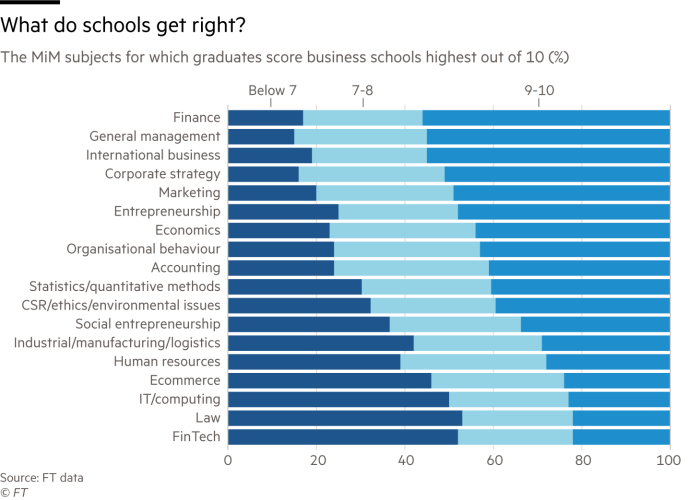
Work and careers round-up
Our main feature looks at how corporate social responsibility jobs have changed. While core functions such as finance and marketing remain, soft skills such as collaboration and resilience are becoming equally important.
Pilita Clark talks about leadership lessons from Ted Lasso, the sweet-natured comedy shows that it pays to be a kind and decent manager.
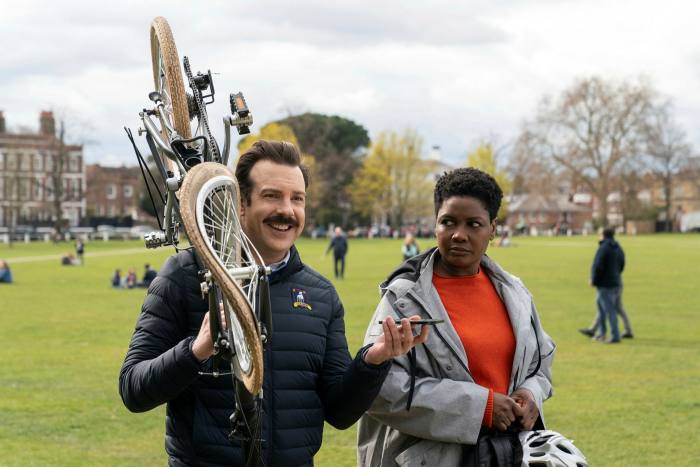
Post-pandemic hybrid business events have their pitfalls. Viv Groskop explains that producing conferences with both in-person and virtual elements requires expertise — and few organisations have it.
Chris Sheldrick, co-founder of What3words, the location app, shares his leadership tips from scaling an ambitious start-up. He advises: “Have breakfast with a different employee every day to hear what they are doing and gain knowledge and feedback.”
In the shortlist for the FT’s Business book of the year 2021, climate change, opioid addiction and cyber crime are among the themes analysed in the £30,000 award.
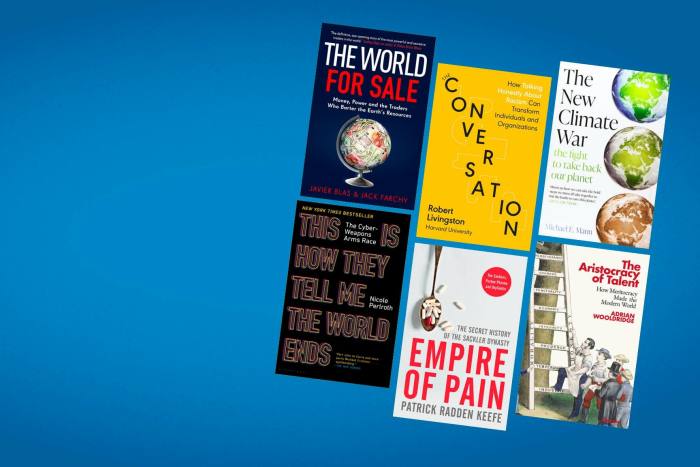
Finally, what advice would you give to motivate colleagues if their boss does not care about what they do?
How good is your knowledge of the news?
Answer our 10 question quiz.
Top business school reads
Evergrande deadline sends chills through $400bn Asian debt market Traders fret over fallout if indebted Chinese property developer begins to miss payments.
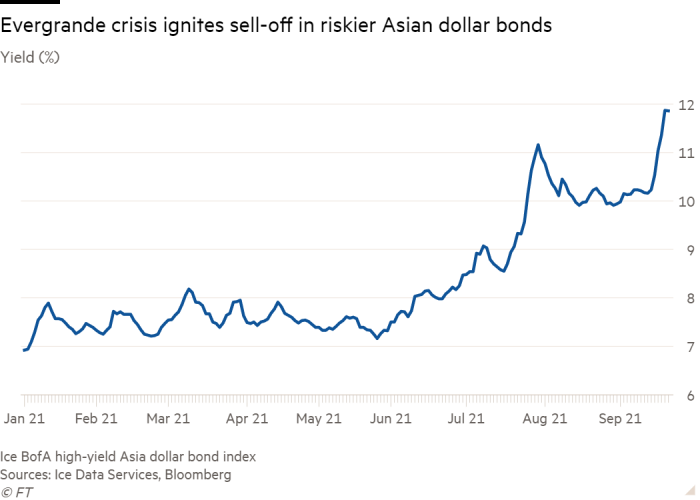
China expands crackdown by declaring all crypto activities ‘illegal’ The country’s central bank seeks to stop residents trading on overseas exchanges.

Beijing frees Canadians after Huawei CFO reaches deal with US prosecutors Meng Wanzhou flies to China after resolving fraud charges while Spavor and Kovrig return to Canada.
Back issues
To view previous newsletters, go to: ft.com/bschool.
If this newsletter was forwarded to you, then please sign up for the FT Business School Briefing.
Thank you for reading. Please send your recommendations and feedback to [email protected].
Recommended newsletters for you
Unhedged — Robert Armstrong dissects the most important market trends and discusses how Wall Street’s best minds respond to them. Sign up here.
FT Schools Digest — Perfect for teachers and students. Sign up here.
[ad_2]
Source link

